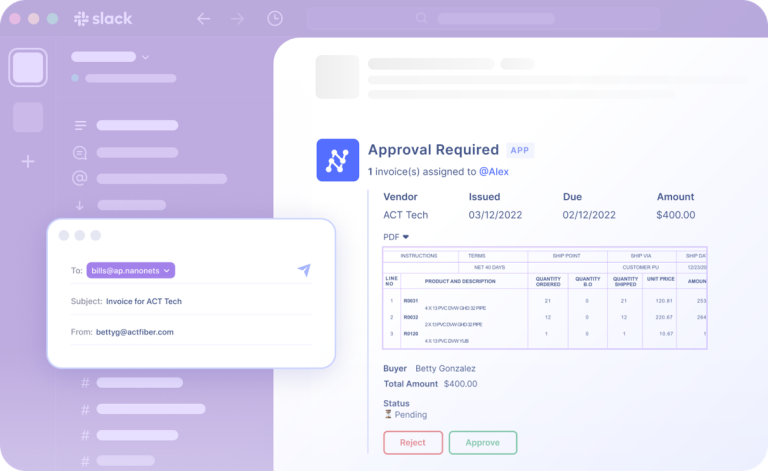There are a lot of optimization methods, all of which can be utilized to make your pipelines extra environment friendly, in phrases each of useful resource utilization and total efficiency. Not solely consequently I bought staggering value financial savings in thousands and thousands but additionally tremendously widened the information entry. The approaches on this article place the best emphasis on optimizing distributed processing techniques, fine-tuning SQL inquiries, and streamlining workflow.
Parallelism
Parallel processing signifies that a number of operations will be on the identical time, thus accelerating to an excellent extent the pc’s working pace and enhancing its effectivity.
There are numerous methods of utilizing it:
Multithreading and Multiprocessing: These enable a program to carry out a number of impartial operations directly. With multi-threading, many subroutines will run inside one course of; whereas multiplying processes signifies that a couple of course of could also be occurring at a time.
Distributed Computing: Distributed computing frameworks like Apache Spark, Apache Flink, and Dask allow the distributed processing of huge knowledge throughout a number of nodes. This doesn’t considerably cut back processing time for giant knowledge units.
By parallel processing knowledge pipelines efficiency will be improved dramatically, notably for compute-intensive duties.
Filtering knowledge as early as doable
Early Filtering: We’ve filtering operations are set as near the information supply as possible, thus guaranteeing that solely pertinent knowledge might be processed downstream.
SQL Environment friendly Queries: Environment friendly SQL queries with WHERE clauses are used to filter knowledge at its supply earlier than being handed on to DDL statements within the pipeline.
Early filtering solely extracts these knowledge required by subsequent phases. It could nicely cut back the quantity of knowledge that has to proceed and ultimately be saved in your database, which might be helpful for each efficiency and capability.
Json Parsing/XML Parsing
JSON is a generally used knowledge format in knowledge pipelines. Optimizing JSON parsing is one approach to pace up the throughput of pipelines that deal with massive volumes of JSON knowledge. Json parsing is dear operation that needs to be used sparingly. Use json parsing as minimal as doable like solely after filtering all of the required knowledge, json parse after which do a cross be a part of and at last if there a number of column logic implementing the identical json parse then do it as soon as within the inside question and reuse in all cases within the outer question. Optimized JSON parsing speeds knowledge extraction processes and makes them useful resource environment friendly.
CROSS JOIN utilization
Cross joins (additionally referred to as Cartesian joins),referred to as nicely as a cross product expression collectively with one desk to kind out such outcomes one and the opposite least.
However whereas they’ve their makes use of in specialised conditions, they often take up numerous assets and might set off efficiency bottlenecks.
Stop Unneeded Cross Joins : Solely use cross joins when completely vital. You’ll be able to typically substitute extra environment friendly be a part of varieties such because the INNER JOIN or LEFT JOIN.
Becoming a member of earlier than you be a part of: earlier than performing a cross be a part of for the ultimate knowledge set, use filtering standards to limit its dimension.
Keep away from utilizing cross joins as a lot as doable in twenty fifteen to cut back demand on assets and enhance effectivity.
Partitions and indexing on applicable columns
Desk Partitioning: Dividing massive tables into smaller, extra manageable partitions based mostly on standards reminiscent of date ranges or key values allows queries to scan solely related partitions, in flip reducing question instances. Elevated Efficiency. The extra indexes that can be utilized for retrieval functions, the higher retrieving knowledge might be. However in case you create seven or eight single-column several types of indexes PITs most likely choke whether or not they’re in place on degree 2 nodes. Then again, creating an index with columns which are steadily used as question situations, like WHERE clauses and JOINs perfects efficiency. Composite indexes for a couple of column are additionally helpful on this respect.
Correct partitioning and indexing methods can considerably cut back execution instances — question response time is sort of immediate — whereas sustaining a manageable total load in your community assets.
Workflow Orchestration
Workflow orchestration is the seamless coordination and administration of all these duties in a knowledge pipeline to make sure that they’re executed easily, effectively, and in no matter order vital.
Orchestration Instruments: You’ll be able to outline workflows and schedule them utilizing instruments like Apache Airflow, Prefect or Luigi. They arrive with options reminiscent of activity dependency administration, retries and alerting.
Process Orderings: Set up activity dependencies to execute the duties in a selected order and gracefully deal with failures.
Run Unbiased Duties in parallel: Execute the duties that are impartial to run them concurrently and fasten the general circulation.
Knowledge pipelines are resilient, scalable and straightforward to function via an environment friendly workflow orchestration.
